When a snowball rolls down a mountain slope, more and more snow sticks to its surface making it bigger and bigger. For this reason, when an action causes similar actions we use the metaphoric term “snowball effect”.
Last June, we started to network and actively collaborate with the COST Action 3DForEcoTech "Three-dimensional Forest Ecosystem Monitoring and Better Understanding by Terrestrial-based Technologies" (read more here: https://3dforecotech.eu/).
Our Action was very kindly invited to the first in-person meeting of the 3DForEcoTech, and our vice-Chair Péter Ódor very effectively presented our Action to boost connections and collaborations.
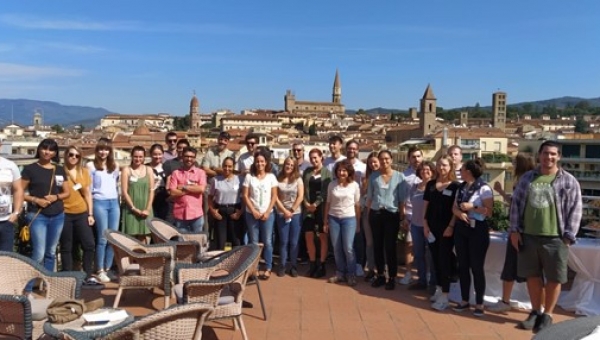
The last week of September was lighted up by the 3-days training school on “Assessing multi-taxon diversity in forest ecosystems” held in the beautiful city of Arezzo. As a newbie PhD candidate, I thought it was the right start for my (probably long) path into understanding and hopefully surviving the daily problems of managing heterogeneous data. The training school was overall focused on bridging the gap between theory and practice by discussing the statistical problems when approaching multi-taxon data and giving practical tools to manage this kind of data when dealing with biodiversity observations.
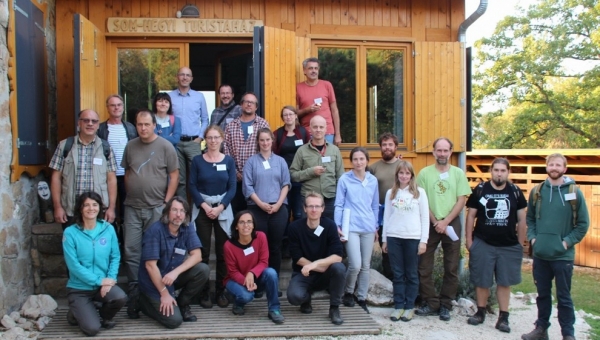
Researchers from 15 European forestry experiments hold a common brainstorming – at long last, face-to-face after the COVID-19
The Experiment Working Group of the BOTTOMS-UP Action began its work two years ago, however, because of the pandemic we could not organize any live meeting until this October. There were some uncertainties around the organization of this meeting, too, but finally we could do it.
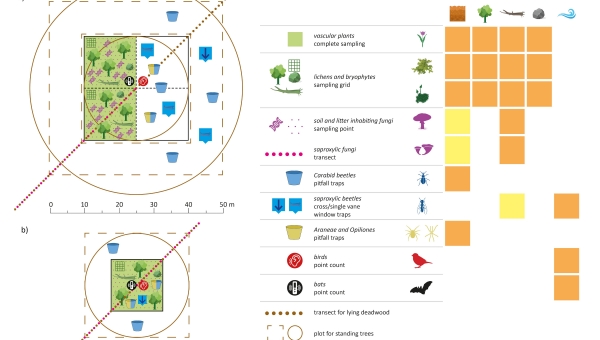
As a person that has studied biodiversity for at least 18 years, I am well aware of its complexity. I know about the high number of existing taxonomic groups, the wealth of species within each of them, the wide possibilities for changing and overlapping names, of wrong identifications; I know the data management pitfalls, and the difficulty of detecting a biodiversity response in observational biodiversity studies.
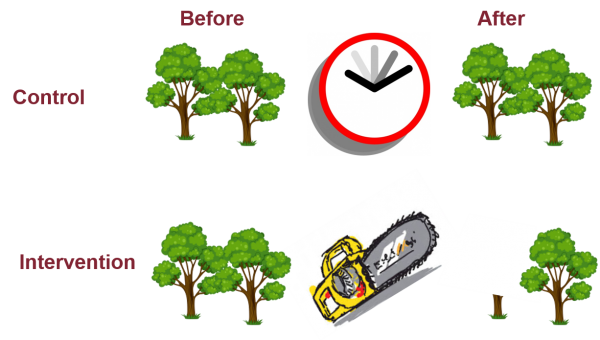
The Experiment Working Group of the Action brought its first deliverable to the table. We set up a network of European forestry experiments that investigate the effects of various forestry treatments on multi-taxon biodiversity.
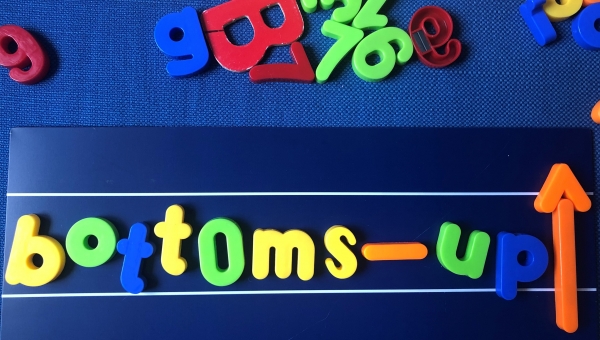
The first deliverable of our Action is out!
It marks the birth of a platform for European forest biodiversity. The platform currently stores more than 2,800 plots. It gathers the efforts of more than 130 researchers from 12 countries in Europe.
Right between spring and summer 2020, still facing the limitations of COVID-19 pandemic, I was up with an activity I planned for a long time.
Back in 2011, almost 10 years ago, with some colleagues I wrote a LIFE project (LIFE+ FAGUS) proposal to enhance the multi-taxon biodiversity of Apennine beech forest habitats. The project was funded and carried out not without difficulties in two mountain areas of the Apennines included in two of the biggest Italian National Parks: Cilento, Vallo di Diano and Alburni National Park and Gran Sasso and Monti della Laga National Park. The first one is totally included in the province of Salerno, south of Naples; the second one is located in Abruzzo, and includes the highest peak of the peninsula, the Corno Grande of the Gran Sasso (2912 m a.sl.) that in English would oddly sounds like “the big horn of the big stone”.
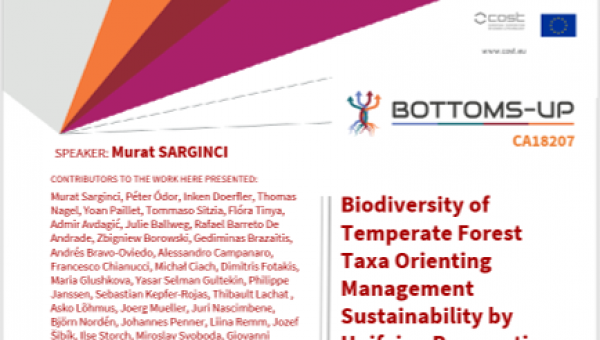
The EGU (European Geoscience Union) conference traditionally dedicates a session to the COST Actions in Geosciences that started in the previous months.
This year our participant Murat Sarginci, working at the Faculty of Forestry of the University of Duzce should have presented our Action at EGU 2020 in Vien.



